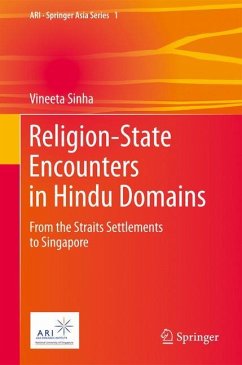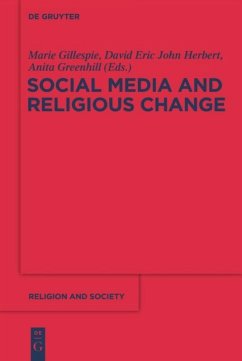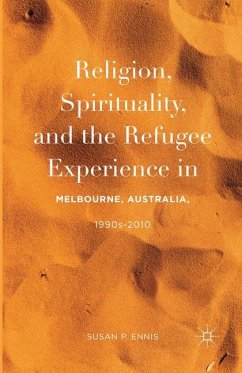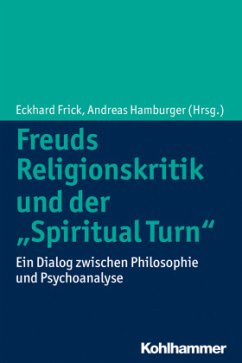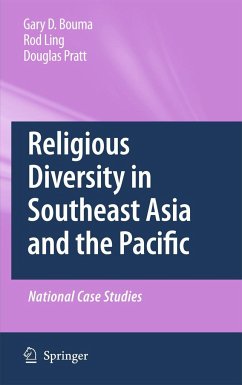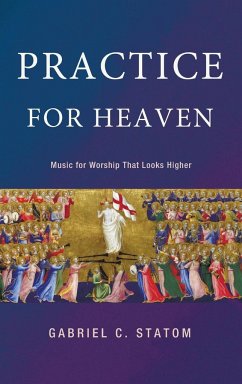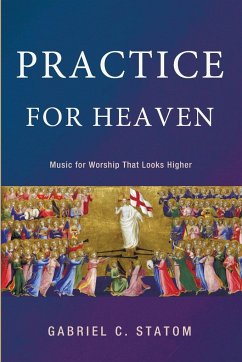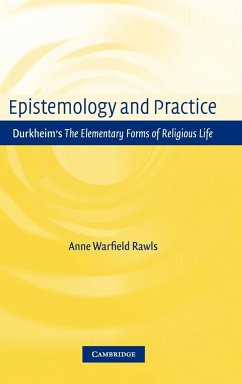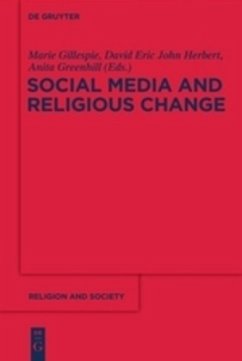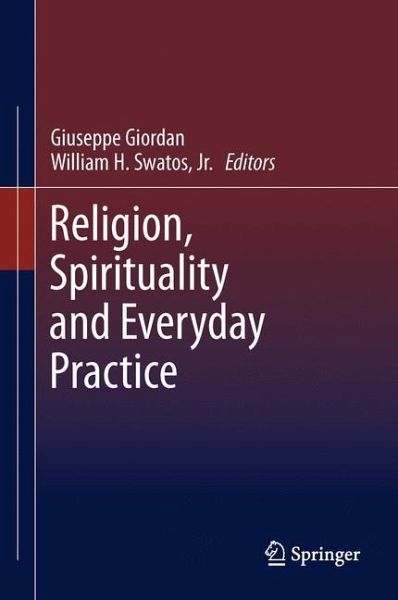
Religion, Spirituality and Everyday Practice

PAYBACK Punkte
38 °P sammeln!
Using the term "spiritual" rather than "religious" to describe one's self is far more common among young adults today. This volume examines the potential meanings and consequences associated with this shift by investigating its practice.
The current generation of young adults, at least in the Western world, has shown a marked tendency toward a preference for describing themselves as "spiritual" as contrasted to "religious." This book seeks to examine the possible meanings and consequences associated with this contrast in terms of the similarities and differences that affect those who use these terms with respect to the everyday practices that they themselves employ or believe should follow from being self-defined as "religious" or "spiritual" - or not. The several chapters in this volume take up the religious-spiritual contrast specifically through investigations into practice: In what ways do people who claim to be "religious" or "spiritual" define these self-images as manifest in their own lives? How on a daily basis does a person who considers himself or herself "religious" or "spiritual" live out that self-image in specific ways that she or he can describe to others, even if not share with others? Are there ways that being "spiritual" can involve religion or ways that being "religious" can involve spirituality, and if so, how do these differ from concepts in prior eras (e.g., Ignatian spirituality, Orthodox spirituality, Anglican spirituality, etc.)? We also explore if there are institutions of spiritual practice to which those who term themselves "spiritual" turn, or if the difference implied by these terms may instead be between institutionalized and de-institutionalized expressions of practice, including but not limited to self-spiritualities.





